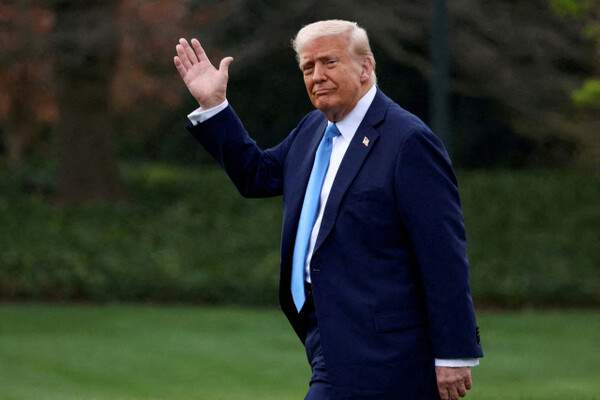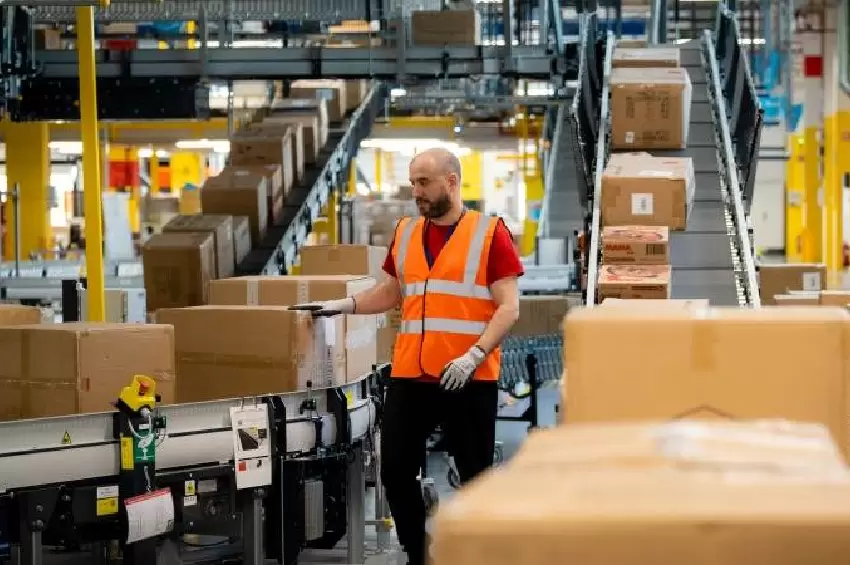U.S. Trade Policy Sparks Global Concerns
As President Donald Trump prepares to announce reciprocal tariffs, the World Trade Organization (WTO) system, established in 1995 to promote free trade, faces its most significant challenge in 30 years. Critics argue that the U.S., once a leader in reducing trade barriers, is now endangering the global trade order by increasing tariffs and potentially shrinking the global economy.

Uncertainty Surrounds New Tariff Plans
Details of the Trump administration's tariff plan remain unclear, with reports suggesting a 20% universal tariff on most imports. However, alternatives, including lower tariffs for certain countries, are also under consideration, indicating internal debates and opposition from various groups.
Potential Global Impact
Analysis by Bloomberg Economics highlights the countries most affected, with Italy, Ireland, and China facing the highest reciprocal tariff rates. The move has sparked fears of a global trade war, with potential losses to the global economy estimated at $1.4 trillion.
Expert Warnings
Michael Froman, former USTR representative, warns that reciprocal tariffs could lead to increased trade barriers worldwide, reducing the global economic pie and affecting prices. Studies suggest significant export losses for countries like South Korea in a worst-case scenario.









Comments